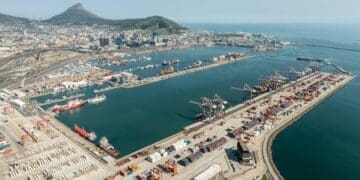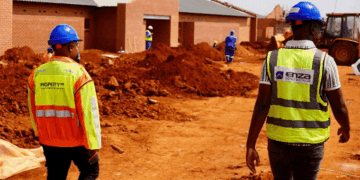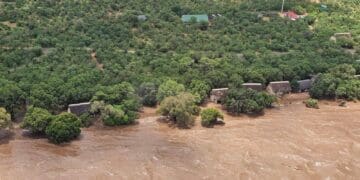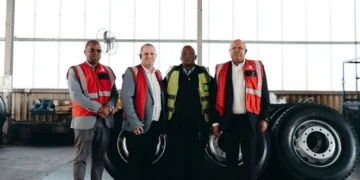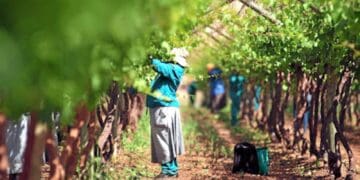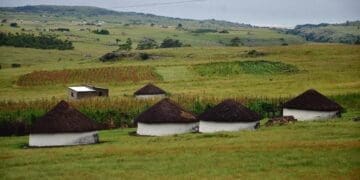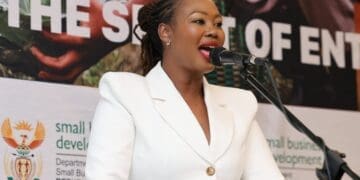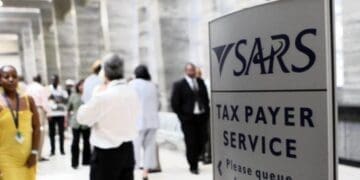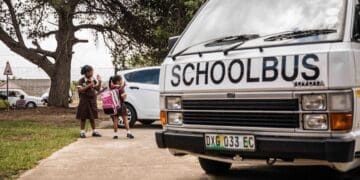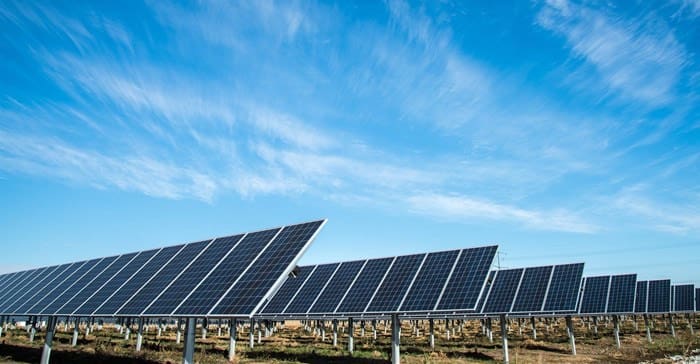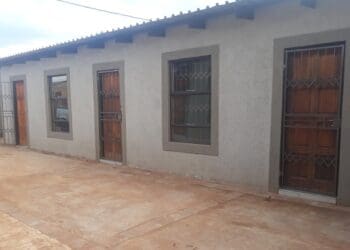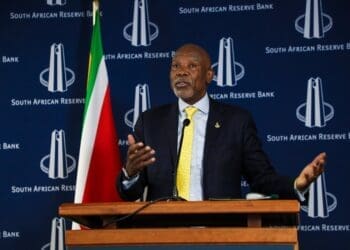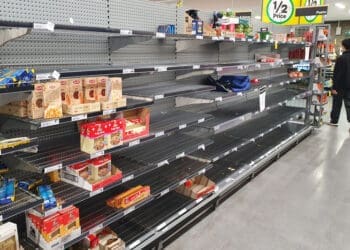Small township-based solar installers say they are being shut out from the multi-million rand market they helped spark.
Sipho Maseko, a self-taught solar technician operating in Kagiso, Mogale City, has installed over 60 solar power stations since 2021 in homes, tuck-shops and even a school.
“But when government tenders come out, I cannot qualify because I am not registered with CETA or SAPVIA,” he told Vutivi Business.
“They ask for three years of audited books and R5 million insurance cover. Where am I supposed to get that?”
In 2024, a report by Investec revealed that South Africa was set to become the 10th largest solar market in the world.
According to the report, in 2023, at least R17.5 billion worth of solar panels were imported into SA.
Maseko’s frustration is echoed across Gauteng, where a growing number of black-owned solar SMEs say they are effectively shut out of South Africa’s green economy, despite having the skills and experience.
While the state, municipalities and private sector promote solar as the solution to load-shedding and economic recovery, much of the work is flowing to large firms with the legal teams, accreditations, and working capital to meet complex bid criteria.
According to data from the South African Photovoltaic Industry Association (SAPVIA), over R7.5 billion was invested in residential and small-commercial solar installations in 2024 alone.
Yet township installers, who often operate informally or with basic sole proprietor registrations, report being excluded from large-scale solar rollouts, particularly those tied to government incentives or financing.
A major barrier is CETA accreditation. While the Construction Education and Training Authority is tasked with certifying installers, many SMEs say the process is lengthy, opaque, and costly.
“You need to attend a full six-week course, pay fees, travel, and submit endless paperwork,” said Thandiwe Hlatshwayo, a solar entrepreneur from Tembisa. “I have done over 100 panel installs, but I am still considered unqualified.”
Then there are the SSEG (Small-Scale Embedded Generation) regulations, which require municipal approval before homes or businesses can legally feed energy into the grid. But each municipality has its own rules, forms, and processing times.
In Johannesburg, the approval backlog stretches into months, while in Ekurhuleni, installers complain that the online system often fails to generate registration certificates.
“The regulations are supposed to protect the grid,” said Hlatshwayo, “but what they’re doing is locking township installers out of a growing industry.”
Municipalities and national bodies acknowledge the issues. In a 2024 report to Parliament, the Department of Energy admitted that 80% of solar SMMEs were still informal and “excluded from procurement pipelines due to limited technical and financial capacity.”
A proposed township-focused green jobs programme has yet to be implemented.
Meanwhile, larger energy companies, many with foreign ownership, continue to dominate contracts and bulk-buy solar equipment, making it harder for SMEs to compete on price.
For Maseko and fellow small-scale industry players, the promise of solar is real, but the barriers are becoming unbearable. “They say solar will save us, that it’s the future. But what kind of future is it if we’re not allowed in?”
lazola@vutivi.co.za




